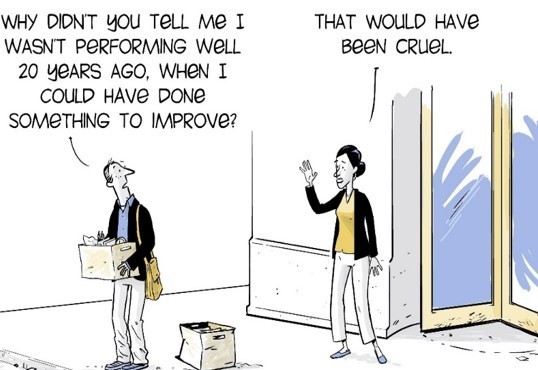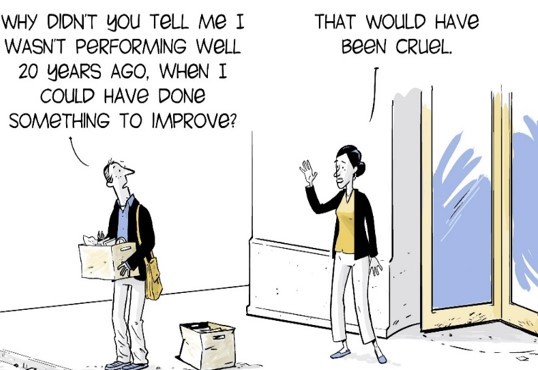Performance Management 2.0 – Not just another fad…
There’s been a bit of noise recently around several big firms remodelling their way around traditional performance reviews and implementing a new way forward1. With recruitment and engagement being named as 2 of the top 3 HR challenges this financial year2, it would be a detriment to ignore the link between engagement and performance management3.
Deloitte Australia, for instance, since June has scrapped their traditional bi-annual performance reviews in place of a process that includes 10-min face-to-face weekly check-ins between employee and team leader as well as 2 very short online surveys assessing engagement and performance indicators, involving the whole workforce of 6000. Their aim is to embed a feedback culture where performance conversations are more instant and reflective of the dynamic pace of business, and focused on improvement and development. While a step in the right direction, there are a few factors to consider when trying to make the shift from performance rating & review to performance development and improvement effective and sustainable:
1. Focus: Is the focus of the regular conversations really about performance development or is it simply performance management and review? This is a subtle but key difference here. Ten minute conversations, for example, run the risk of becoming transactional, where the nature of the conversation turns to running through a bullet-list of project updates and check-points, and a quick tracking dialogue of where the employee is against key performance targets and goals. Effective performance development conversations, in contrast, make targets, metrics and goals less of a focal point and instead, put the person at the heart of the conversation. Conversations are supportive, future-focused, and geared towards development and growth while using targets and goals to create tangibility and grounding. In the same vein, if recruitment and engagement are top HR challenges this year, then it’s crucial to highlight the implications that poor performance management can have on them. For example, lack of recognition has been cited as one of the top causes of attrition. It’s important to ensure that new processes and ways of doing performance ‘management’ have recognition and development ingrained. Having said that…
2. Capability: Deloitte referenced the role of team leaders as becoming ‘coaches’. Have they got the right capabilities in place? In this new world there will now be substantially more team leaders engaging in the new performance management process with substantially more employees. Without an objective eye on confidence and capability, the implementation and sustainability of any new performance review process can suffer. Do team leaders have the skills required, is the right support and training in place, and is the organisation recruiting for the right skills? All important questions to ask when dealing with systemic changes in process that inevitably impact the organisation’s culture.
3. Clarity: Traditional performance reviews were meant to inform pay, reward, and bonus offerings. When innovating around this norm, it’s crucial to offer transparency and clarity around how this will work to instil confidence and motivation in the employee to perform just as well, if not better than before. It’s no good to innovate only to reach end of year when feedback comes as a surprise and people are left wondering how decisions were made.
Creating a feedback culture is no small feat and will take more than a change in process to shift and be effective. A strong base of trust and assumed positive intent are important to have in place for all types of feedback to ‘land’ as intended, and can only breed from strong workplace relationships and a healthy team and company dynamic. When making any change, it’s important to keep an eye on the whole to ensure you have the right breeding ground for new processes and ways of working to stick and to achieve the overall desired outcomes.
By Tiffany Missiha








